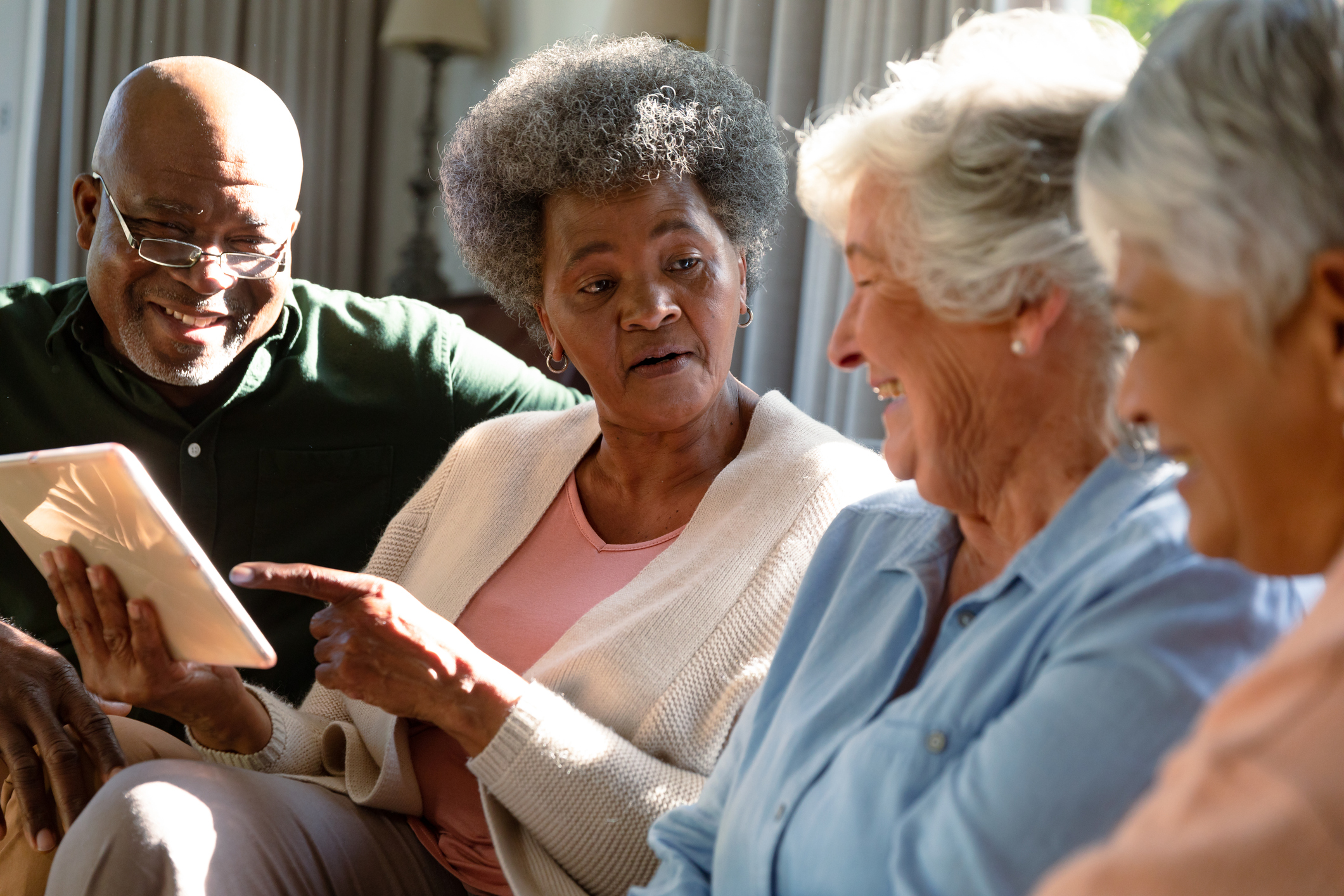
(iStock)More than one-quarter of Chicago households include an older adult, but not all our elders feel seen, supported and valued. Existing services for older adults are often reactive rather than proactive. The Chicago Consortium on Longevity, launched earlier this year, is a collaboration among faculty at DePaul University and Northwestern University that aims to help individuals thrive as they grow older.
"Our goal with the consortium is to make Chicago the best place to grow old in America," says Joe Mikels, a professor of psychology in DePaul’s College of Science and Health.
Mikels studies aging and longevity. With Claudia Haase, an associate professor at Northwestern, he co-founded the consortium to create a space to nourish lifelong development. The pillars of the Chicago Consortium on Longevity aim to support all individuals to be:
- Socially and environmentally connected
- Physically and mentally thriving,
- Financially educated and informed
- Prepared and protected
"We aim to be inclusive and not only think about healthy aging but also what it means to age with disabilities and other mental or physical ailments," Mikels adds. "We want to include everyone who's growing older in the greater Chicagoland area."
The consortium is wide-ranging in scope, with each pillar focusing on an aspect of lifelong development. To increase social connection among all members of our communities – with a focus on older adults – researchers work with community programs and schools. For communities with historic wealth gaps, the group uses community resource-based approaches.
"We hope to make a real difference with the consortium, and we can make the biggest difference when we work together," Haase says. "That’s why we are so grateful to the
Russell & Josephine Kott Memorial Charitable Trust as well as schools and units at DePaul and Northwestern University for their support."
Support considerations for real-world issues
One of the consortium’s first projects is to understand the needs of older Chicagoans and the obstacles and barriers that they face as they grow older.
"The Consortium is not an academic project in a vacuum, conducting research and theorizing about aging," Mikels says. "We collaborate with social workers, lawyers, occupational therapists and all who care about our elders. We even collaborate with a death doula. In practice, our goal is to be interprofessional."
DePaul psychology graduate student Sydni Adams is working with the consortium on a project to demystify aging.
"People can have a really negative perception of older people and of aging in general," Adams says. "I've been passionate about trying to help this community and make people less afraid of aging. It's not as scary as people make it out to be."
The Chicago Consortium on Longevity takes an intergenerational approach to supporting Chicago’s aging population to support older adults without separation.
“Our framework includes rethinking the models we have in society," Mikels says. "We want to see what an age-friendly, longevity-focused community can really look like without separating older adults from the rest of the population."
Media Contact:
Julia Cremin